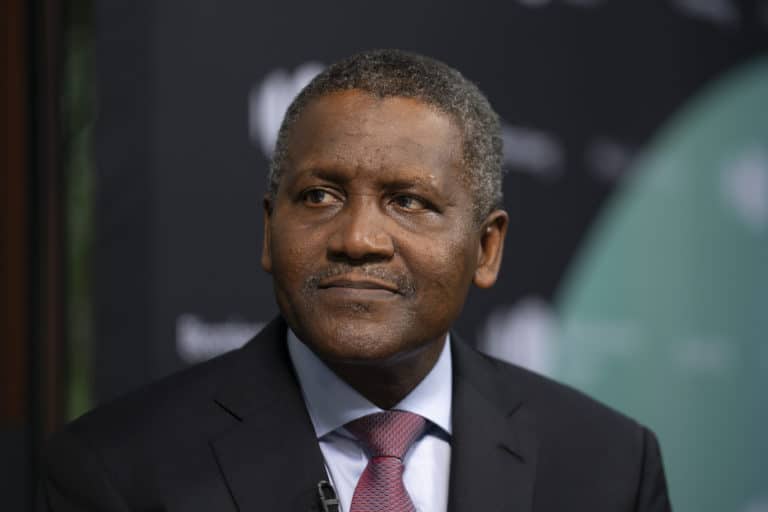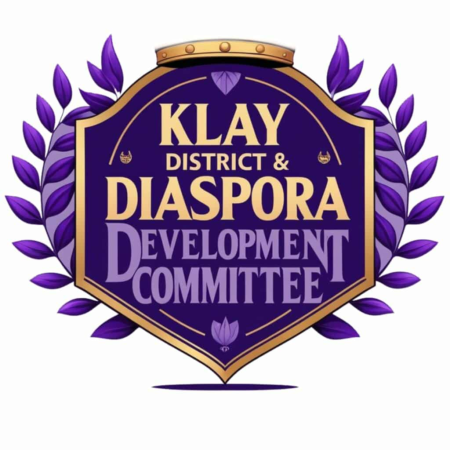Dangote’s LPG Price Reduction Plan Sparks Monopoly Concerns Among Nigerian Gas Operators
Alhaji Aliko Dangote, President of the Dangote Group, has unveiled a plan to reduce the price of Liquefied Petroleum Gas (LPG), commonly known as cooking gas, in Nigeria. Dangote expressed his concern over the current high cost of cooking gas, which he believes forces many Nigerians to rely on firewood for cooking. With his refinery now producing 22,000 tonnes of LPG daily and aiming to increase production, Dangote intends to make cooking gas more affordable for the average Nigerian. He even went so far as to threaten direct sales to consumers if existing distributors fail to cooperate with the price reduction. This bold announcement, however, has been met with resistance from existing LPG operators who fear that Dangote’s plan is a veiled attempt to monopolize the market.
Dangote’s proposal stems from his observation that the current price of cooking gas, ranging from N1,000 to N1,300 per kilogram, is prohibitive for many Nigerian households. During a tour of his refinery with local and foreign guests, including members of the Lagos Business School CGEO Africa, Dangote emphasized his commitment to lowering the price. He stated that if distributors don’t comply with his price reduction initiative, he would bypass them and sell directly to consumers. This direct-to-consumer approach echoes his similar plan for petrol, diesel, and aviation fuel distribution slated for August, utilizing 4,000 CNG-powered buses.
Operators within the LPG market have expressed their apprehension regarding Dangote’s plan, viewing it as a potential threat to their businesses. Godwin Okoduwa, former Chairman of the LPG and Natural Gas Downstream Group of the Lagos Chamber of Commerce and Industry, characterized Dangote’s proposal as “monopolistic.” He highlighted the collaborative efforts of investors, the Federal Government, and the NLNG, which have grown the LPG market from 70,000 metric tonnes in 2007 to over 1 million metric tonnes in 2022. Okoduwa emphasized that market growth should be driven by collaboration, not monopoly.
Okoduwa further argued that Dangote’s entry into the market should not undermine the efforts of existing players who have invested significant resources in developing the sector. He acknowledged Dangote’s investment and the importance of a capital economy but stressed the need for respect for existing market players. He suggested that Dangote focus on expanding the LPG infrastructure in underserved regions like the Northeast, where consumption is lowest, rather than competing with established businesses. Okoduwa advocated for a collaborative approach to grow the Nigerian LPG market to its full potential, benefiting all stakeholders.
Bassey Essien, Executive Secretary/Chief Executive Officer of the Nigerian Association of Liquefied Petroleum Gas Marketers, also expressed skepticism about Dangote’s plan. He questioned the feasibility of direct-to-consumer sales and price reductions, citing the example of PMS (petrol) and the refinery’s inability to sell directly to consumers at lower prices. Essien’s doubts reflect a broader concern among LPG operators about the potential market disruption caused by Dangote’s entry.
The central issue in this debate is the balance between promoting competition and protecting existing market players. While Dangote’s plan could potentially benefit consumers through lower prices, it also raises concerns about the potential for a monopoly and the displacement of established businesses. The future of the Nigerian LPG market hinges on how these competing interests are reconciled. A collaborative approach, as suggested by Okoduwa, could potentially lead to a win-win situation, where both consumers and businesses benefit from a larger and more competitive market. However, whether Dangote is willing to adopt such an approach remains to be seen. The unfolding situation will have significant implications for the Nigerian energy sector and the accessibility of cooking gas for millions of households.














